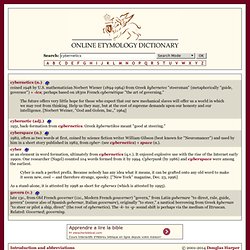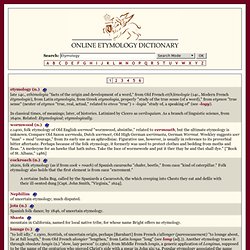

Define Systemic at Dictionary. A language spoken in only one town. Last week, we stumbled upon this article from the New York Times’ Frugal Traveler about a language hidden in rural Portugal.

In the northeast corner of Portugal, there is a tiny county called Miranda do Douro and in Miranda do Douro many inhabitants do not speak Portuguese, but rather its distant cousin, Mirandese. This region is geographically divided from the rest of Portugal by two rivers that run on either side of it, and It is actually easier to travel to Spain from Miranda do Douro than it is to get to Lisbon and other parts of Portugal. This geographical isolation is one reason why the region continues to speak a language with only 10,000 speakers. Many languages developed because of geographic barriers that isolated them from external influence. Geographic barriers can be very distinct – in the case of oceans – or subtler, like mountain ranges and rivers that inhibit travel and lingusitic exchange. (Recently a previously unknown language was discovered in India.
Benny L. Rendering finished. Keep your chin up. Online Etymology Dictionary. Cybernetics (n.) coined 1948 by U.S. mathematician Norbert Wiener (1894-1964) from Greek kybernetes "steersman" (metaphorically "guide, governor") + -ics; perhaps based on 1830s French cybernétique "the art of governing.

" The future offers very little hope for those who expect that our new mechanical slaves will offer us a world in which we may rest from thinking. Help us they may, but at the cost of supreme demands upon our honesty and our intelligence. [Norbert Weiner, "God and Golem, Inc. ," 1964] cybernetic (adj.) 1951, back-formation from cybernetics. Cyberspace (n.) 1982, often as two words at first, coined by science fiction writer William Gibson (best known for "Neuromancer") and used by him in a short story published in 1982, from cyber- (see cybernetics) + space (n.). cyber as an element in word formation, ultimately from cybernetics (q.v.). Cyber is such a perfect prefix. As a stand-alone, it is attested by 1998 as short for cybersex (which is attested by 1995). The last words of George Best. American Phrases and Sayings. English Proverbs. Nothing defines a culture as distinctly as its language, and the element of language that best encapsulates a society's values and beliefs is its proverbs.

The graphic to the right shows the words that are used in English proverbs, with the size of each word indicating how often it occurs (click for a bigger image). It's interesting to note that the two most common words in English proverbs are 'good' and 'never'. A bit of armchair psychology leads to the conclusion that, if proverbs really do reflect belief, then the English are (or at least were when these proverbs were coined) inclined to be virtuous but negative - not so far from the truth perhaps? Proverbs are short and pithy sayings that express some traditionally held truth. They are usually metaphorical and often, for the sake of memorability, alliterative.
Many proverbs have been absorbed into English having been known earlier in other languages. A barking dog never bites A bird in the hand is worth two in the bush Less is more. Online Etymology Dictionary. Large American coniferous tree, 1857, from Modern Latin tree genus name given 1847 by Austrian botanist Stephan Endlicher (1804-1849), originally to a different tree, the coast redwood, apparently in honor of Sequoya (a.k.a.

George Guess, 1760-1843), Cherokee man who invented a system of writing for his people's language, whose name is from Cherokee (Iroquoian) Sikwayi, a word of unknown etymology. Endlicher was a specialist in conifers, and he also was a philologist. But he never gave an etymology of this name and a search of his papers discovered no mention of Sequoya or the Cherokee writing system, and the connection is an assumption that some botanists have challenged, though no better candidate for a source has yet been found.
The giant sequoia was unseen by Europeans until 1833 and unknown to scientists until 1852. In May 1855, a pair of American botanists named it Taxodium giganteum, but that name was deemed inappropriate for several scientific reasons.